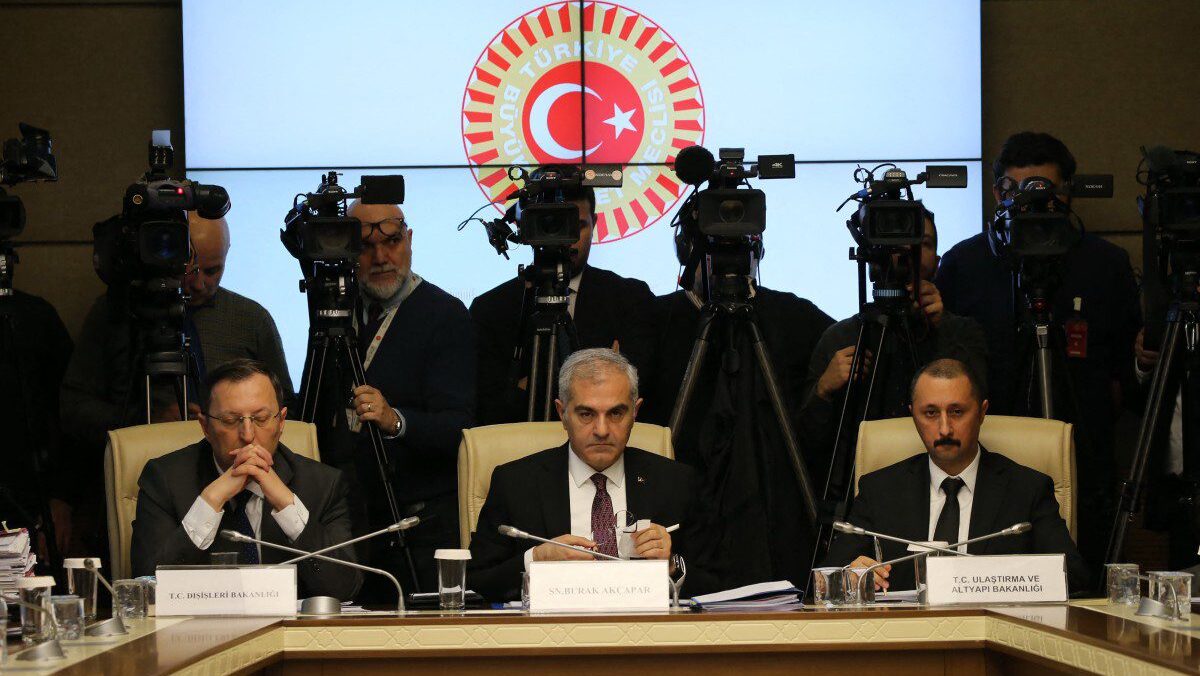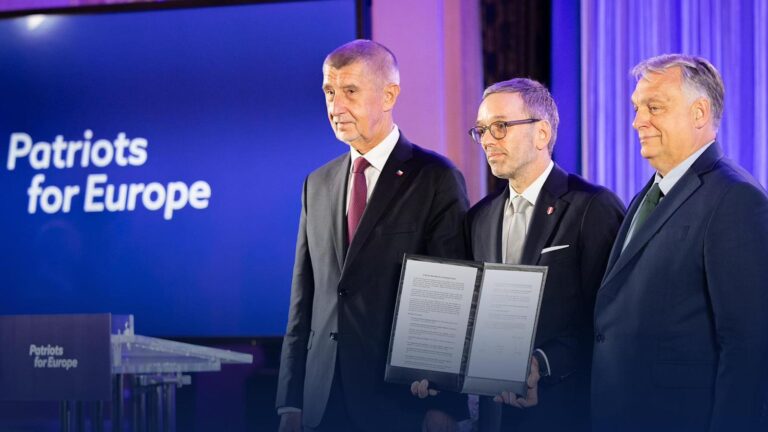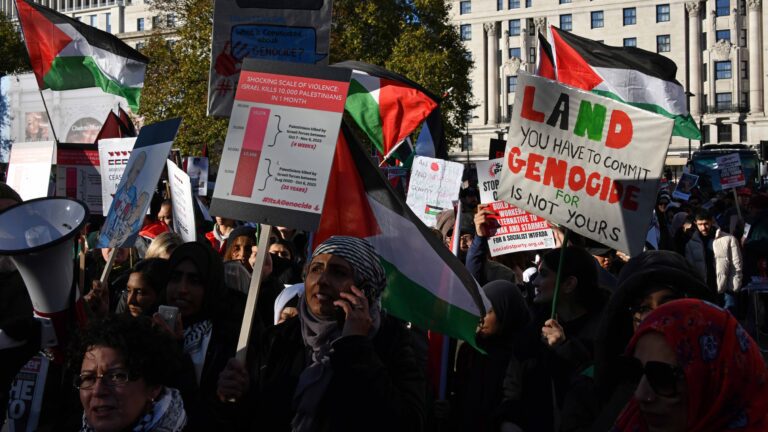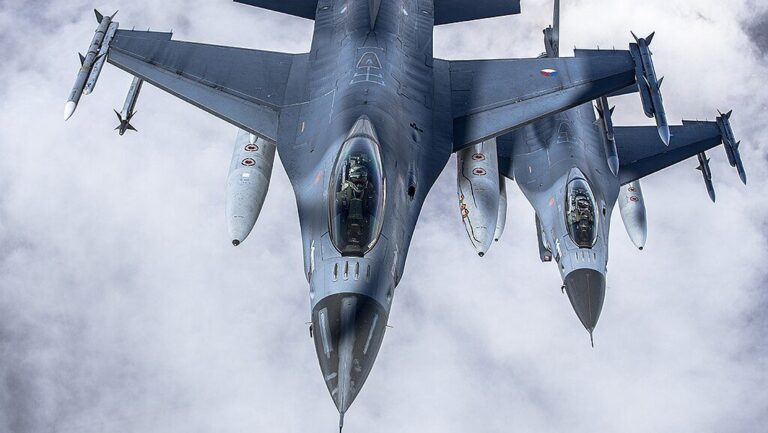For Sweden, accession to NATO cleared a major hurdle on Tuesday, 19 months after its initial application. On December 26th, after four hours of debating, the Turkish parliament’s Committee on Foreign Affairs gave its formal assent, thereby handing the final decision over to the Turkish parliament itself.
Turkish President Recep Tayyip Erdoğan’s ruling AK Party, its nationalist MHP allies, and the main opposition CHP voted in favor of ratification, while the small Islamist Felicity party and right-wing nationalist Iyi party voted against it.
The speaker of parliament has yet to set a date for holding the vote, but observers anticipate it taking place within a few weeks. Should the motion pass there, as is expected, Erdoğan will sign the proposal into law.
Foreign Minister Tobias Billström welcomed the committee’s approval of his country’s NATO application, adding that Sweden “looks forward” to becoming a member.
Vi välkomnar att utrikesutskottet i Turkiet godkänt Sveriges Nato-ansökan. Nästa steg är att parlamentet ska rösta om frågan. Vi ser fram emot att bli medlem i @NATO
— Tobias Billström (@TobiasBillstrom) December 26, 2023
NATO Secretary-General Jens Stoltenberg also welcomed the committee’s agreement, as he called on Turkey and Hungary to complete their ratification processes “as soon as possible.”
The U.S. State Department “greatly welcomed” the news, a spokesperson informed Anadolu Agency by email.
Both Sweden and Finland applied for NATO membership last year, after decades of military non-alignment, in response to Russia’s invasion of Ukraine.
While Turkey eventually approved Finland joining—as NATO’s 31st member—last April, it demanded security concessions from Sweden before clearing its path to membership.
According to Ankara, Sweden provided a sanctuary to groups Turkey deems terrorist. The Kurdish PKK, which is also designated as a terrorist group by the European Union and the U.S., was of particular concern to Turkey.
Over the past year, the Swedish government has made many concessions to Ankara’s demands.
A new anti-terrorism law was passed, which, while making it easier to prosecute PKK supporters, also triggered demonstrations in Sweden. Earlier this year, for the first time in Sweden, a PKK supporter was convicted of financing terrorism.
In addition, Turkey demanded defense trade embargoes to be lifted, a move which proved successful, as Sweden and NATO members Finland, Canada and the Netherlands took steps to relax arms-export policies on Turkey.
These concessions may not prove to be enough for Turkey, however. Erdoğan—who plays a shrewd game of not overly committing to either his Western partners or Moscow while extracting benefits from all—has explicitly linked his country’s ratification of Sweden’s NATO membership to U.S. approval ofF-16 fighter jets sales to Turkey.
The U.S. Congress, which has strong reservations both over Ankara’s delays to NATO enlargement and its human rights record, has not voted on the matter. It might, however, be compelled to do so, if that brings Sweden into the alliance.
The Hungarian Parliament has yet to approve Sweden’s application. Hungarian Prime Minister Viktor Orbán last week denied rumors that his country and Turkey had an agreement on the issue, and said the decision will be made “by [the] Hungarian parliament … when lawmakers decide the time has come for it. They don’t have a great willingness to make this decision.” The Hungarian parliament will reconvene in mid-February.






